Dados do Trabalho
Título
EVALUATION OF IMMUNE CHECKPOINTS IN BLADDER CANCER AFTER INTRAVESICAL TREATMENT WITH ONCOTHERAD® IMMUNOTHERAPY AND PLATELET RICH PLASMA (PRP)
Resumo
Introduction
The suppression of antitumor T cell responses is mediated by regulatory T cells and immune checkpoints such as cytotoxic T lymphocyte antigen 4 (CTLA-4), programmed cell death 1 (PD-1), and its ligand (PD-L1). Overexpression of these checkpoints has been correlated with immune escape and poor prognosis. OncoTherad® is a nanoimmunotherapy developed by the University of Campinas/Brazil which stimulates the Toll-Like receptors signaling pathway. Previous studies have shown that Platelet Rich Plasma (PRP) is also able to trigger immune responses.
Objective
Characterize the effects of intravesical treatment with OncoTherad® associated to PRP on CTLA-4 and PD-1/PD-L1 checkpoints in the context of chemically induced non-muscle-invasive bladder cancer (NMIBC) in mice.
Methods
C57BL/6J mice were divided into groups (n=7/group): Control; Cancer (N-ethyl-N-nitrosourea carcinogen, 50mg/ml); PRP (0.1 ml); OncoTherad® (20mg/ml) and OncoTherad®+PRP (1:1,10mg/ml). Intravesical treatments were performed for 6 weeks after NMIBC induction. Bladder immunohistochemistry was analyzed as total immunoreactivity (percentage of antigen positive cells) and intensity of immunoreaction (absent, weak, moderate, or strong).
Results
The evaluated checkpoints were implicated in this NMIBC model. The cancer group showed a higher (p<0.05) percentage of CTLA-4 positive cells than all other groups. OncoTherad®+PRP group had a greater (p<0.05) number of CTLA-4 negative cells when compared to the Cancer. In addition, the three treated groups showed a less intense (p<0.05) pattern of immunoreaction than Control and Cancer groups. Regarding PD-1/PD-L1, the Cancer and PRP groups had a higher (p<0.05) total immunoreactivity compared to the Control. OncoTherad® group presented a pattern of PD-1/PD-L1 immunoreaction similar (p>0.05) to Control, while the other groups differ (p<0.05) from each other. The Control, OncoTherad®, and OncoTherad®+PRP groups showed a less (p<0.05) intense pattern of immunostaining than Cancer group. However, the OncoTherad® group showed the highest (p<0.05) percentage of weak intensity and the lowest (p<0.05) of moderate PD-1/PD-L1 immunoreaction compared to the PRP and OncoTherad®+PRP groups.
Conclusions
OncoTherad® plus PRP was more effective in decreasing CTLA-4, while OncoTherad® only promoted the greatest PD-1/PD-L1 reduction. The antitumor response promoted by the drugs was possibly related to the regulation of T cell proliferation at the beginning of the immune response (CTLA-4) as well as in the activity of T cells afterward (PD-1/PD-L1).
Palavras Chave
Bladder cancer, Immunotherapy, OncoTherad®, Platelet Rich Plasma
Área
Câncer Bexiga
Instituições
Laboratório de Carcinogênese Urogenital e Imunoterapia (LCURGIM), Departamento de Biologia Estrutural e Funcional, Instituto de Biologia, Universidade Estadual de Campinas - UNICAMP - São Paulo - Brasil
Autores
BIANCA RIBEIRO DE SOUZA-SASAKI, IANNY BRUM REIS, GABRIELA OLIVEIRA, WAGNER JOSÉ FÁVARO, NELSON DURÁN


 Português
Português English
English